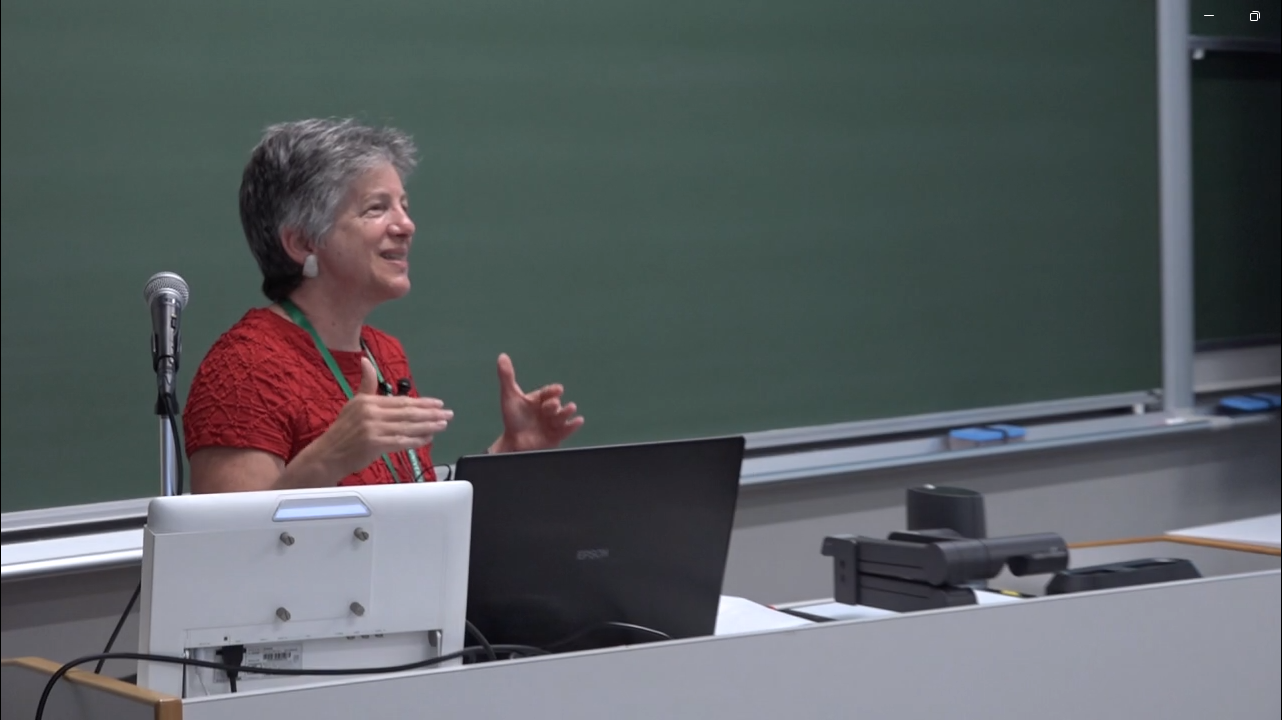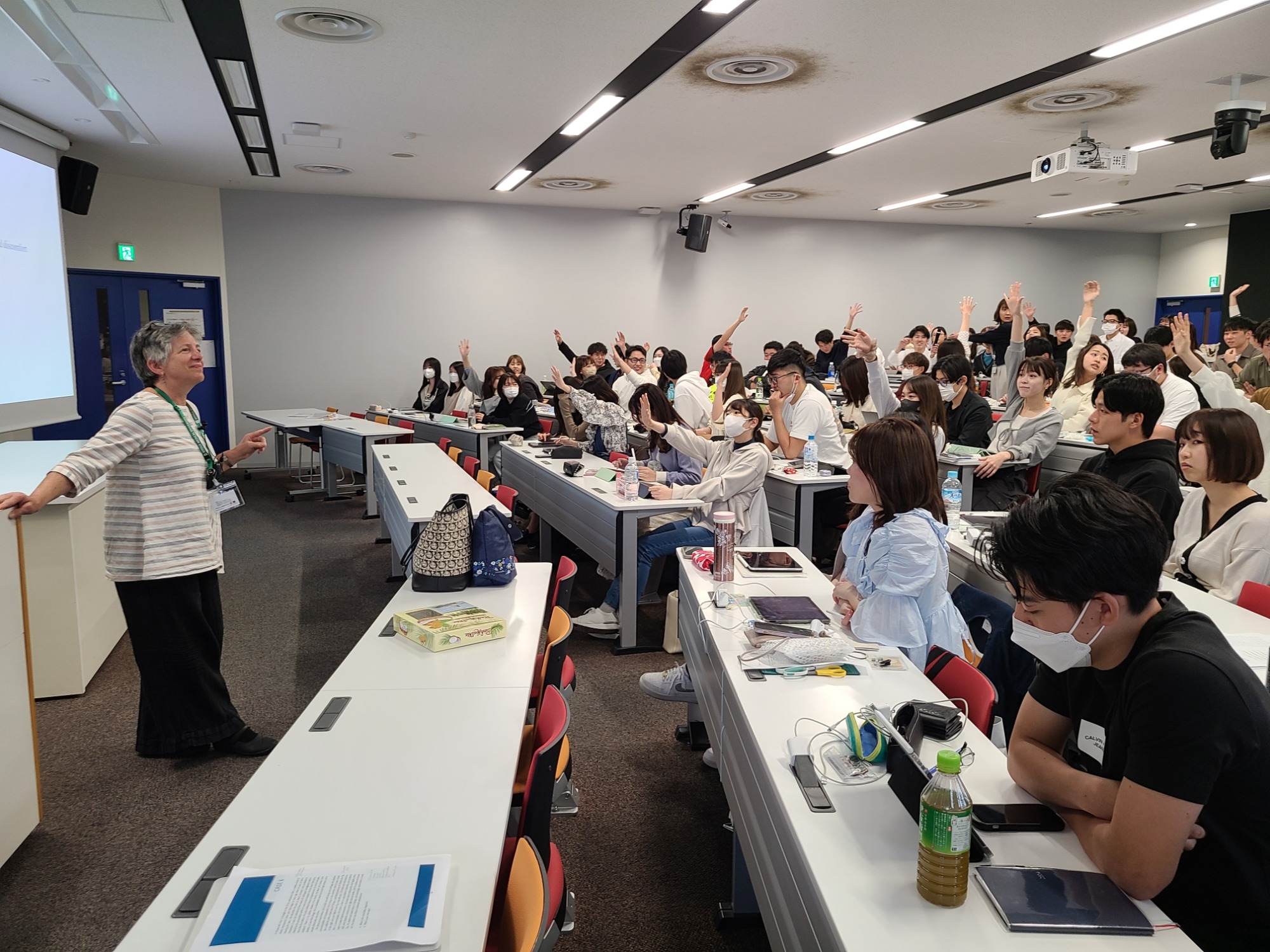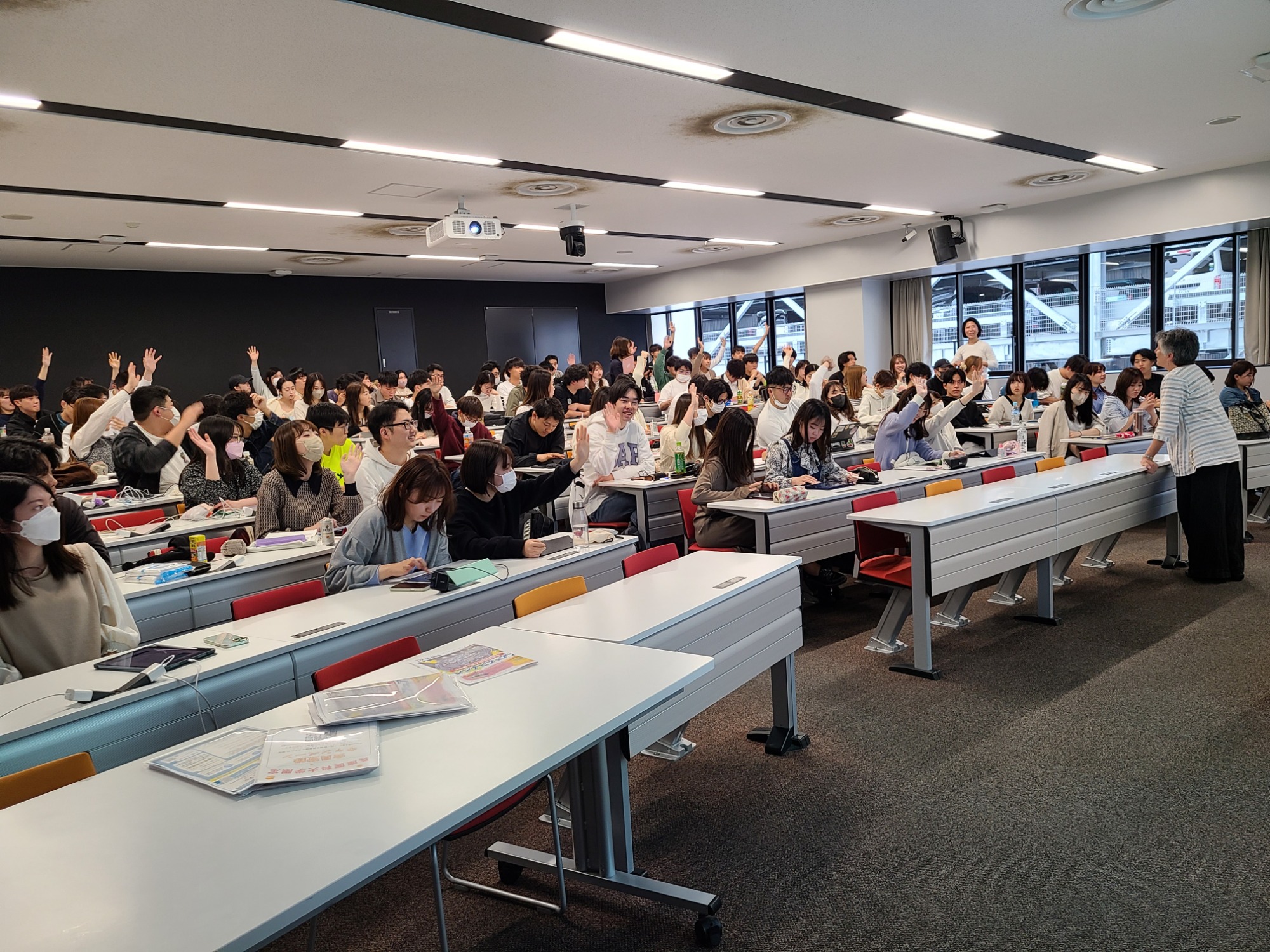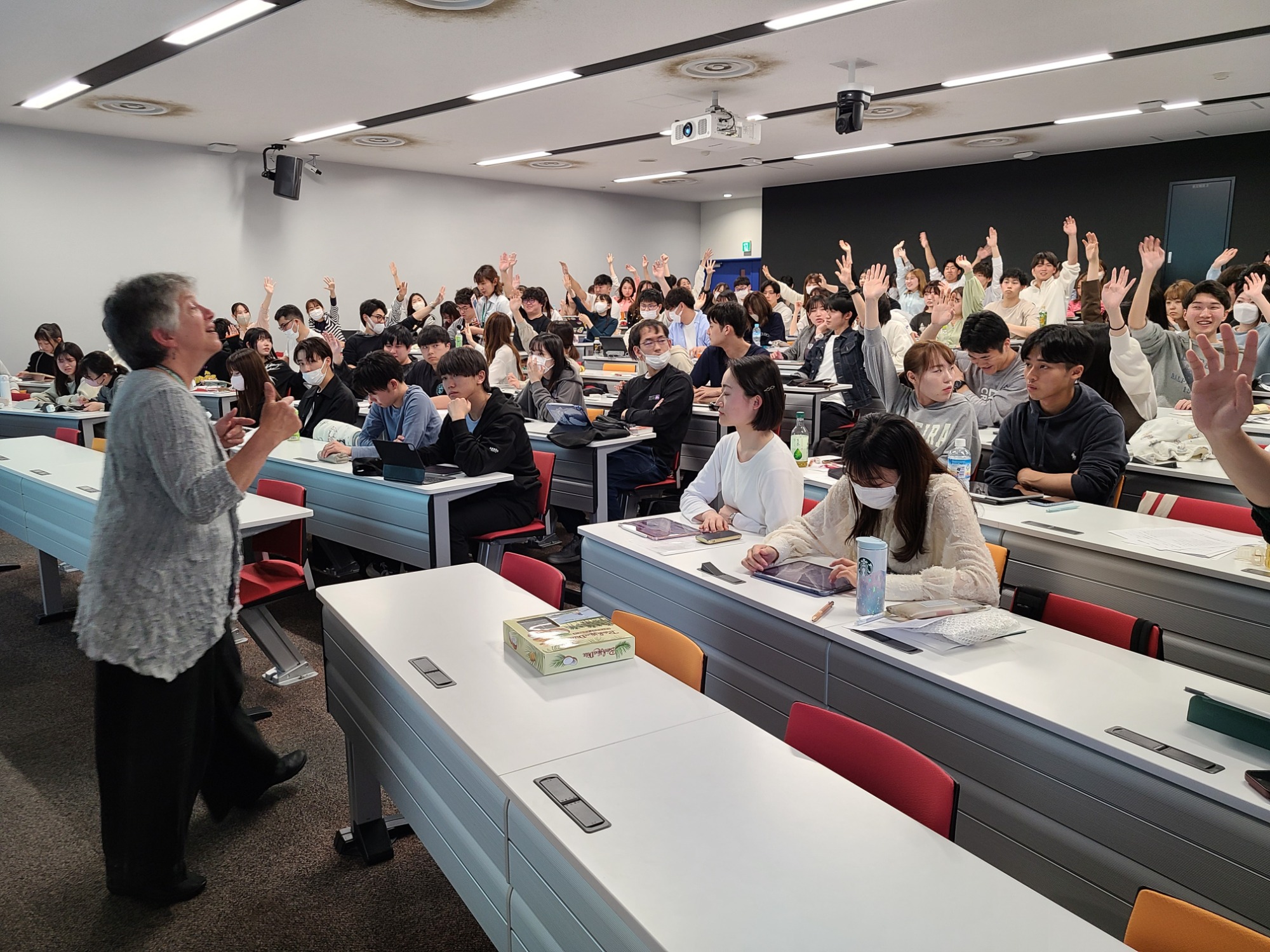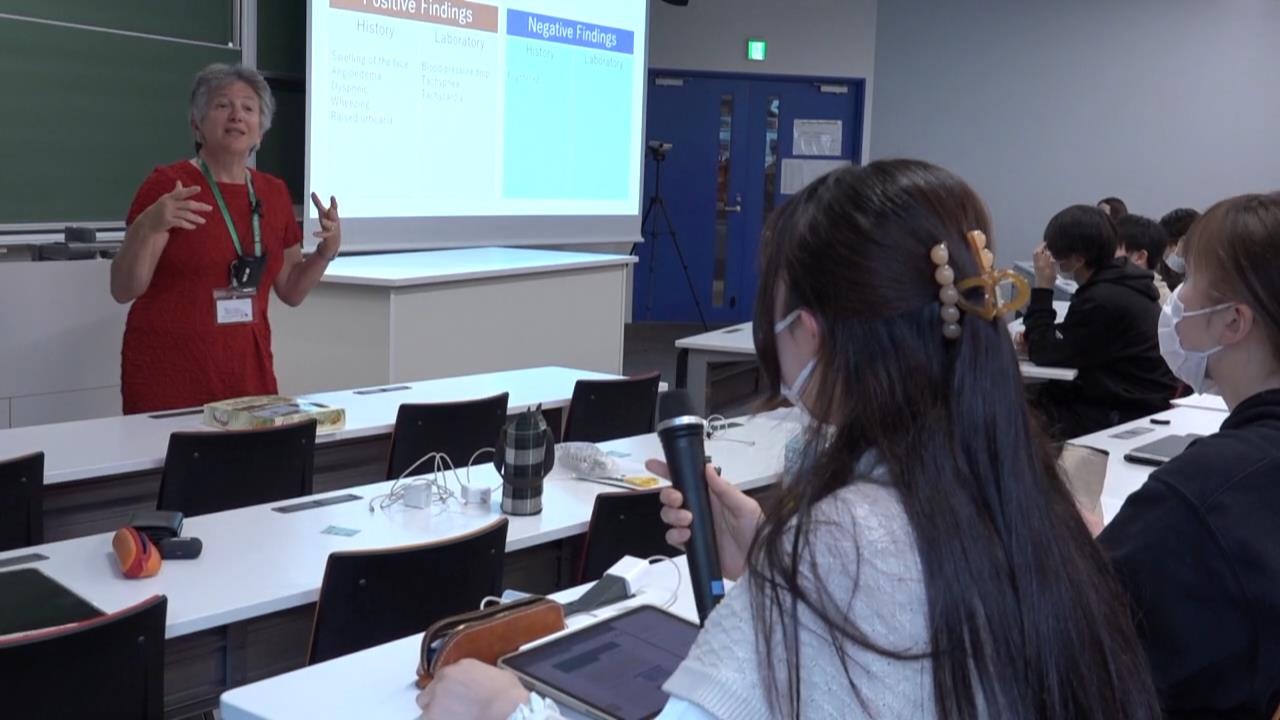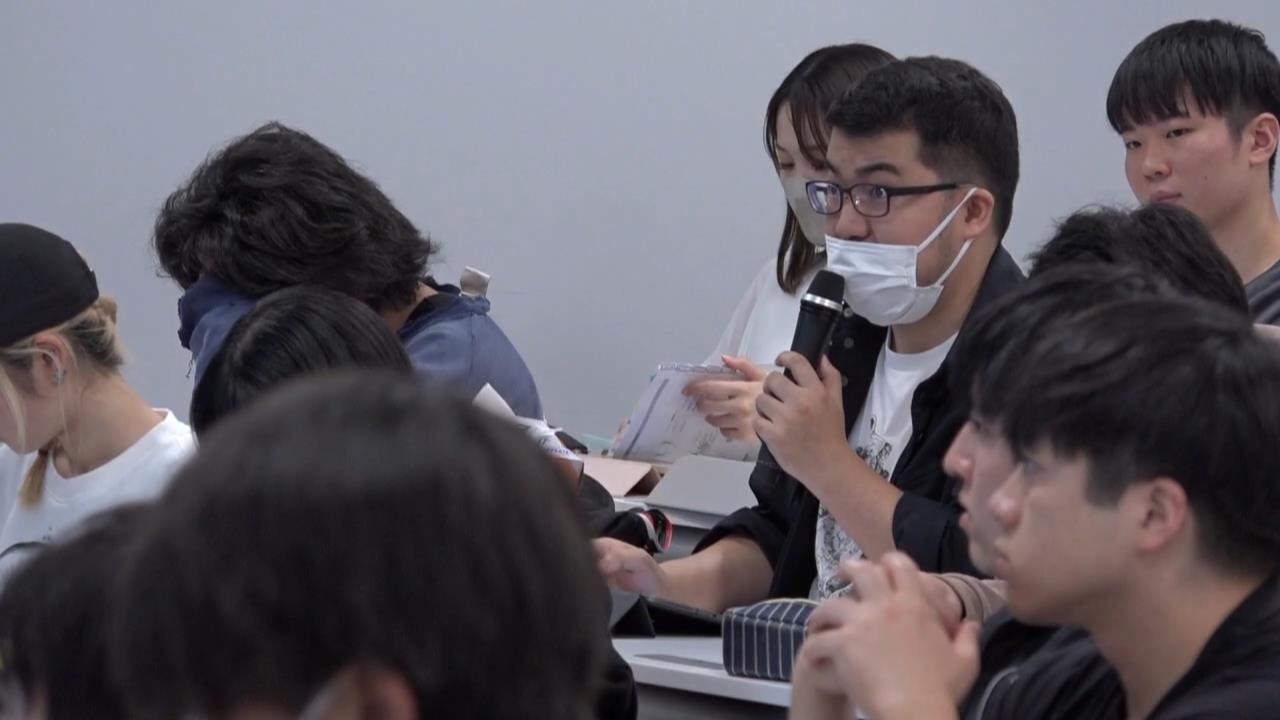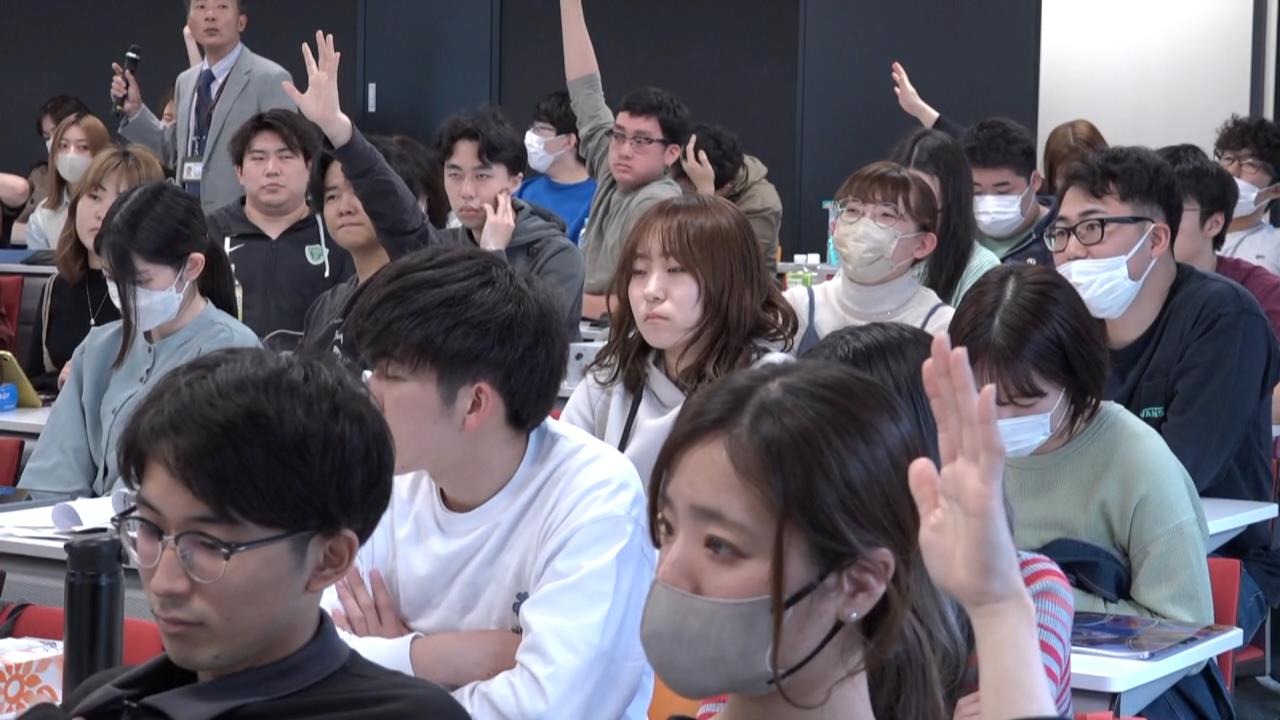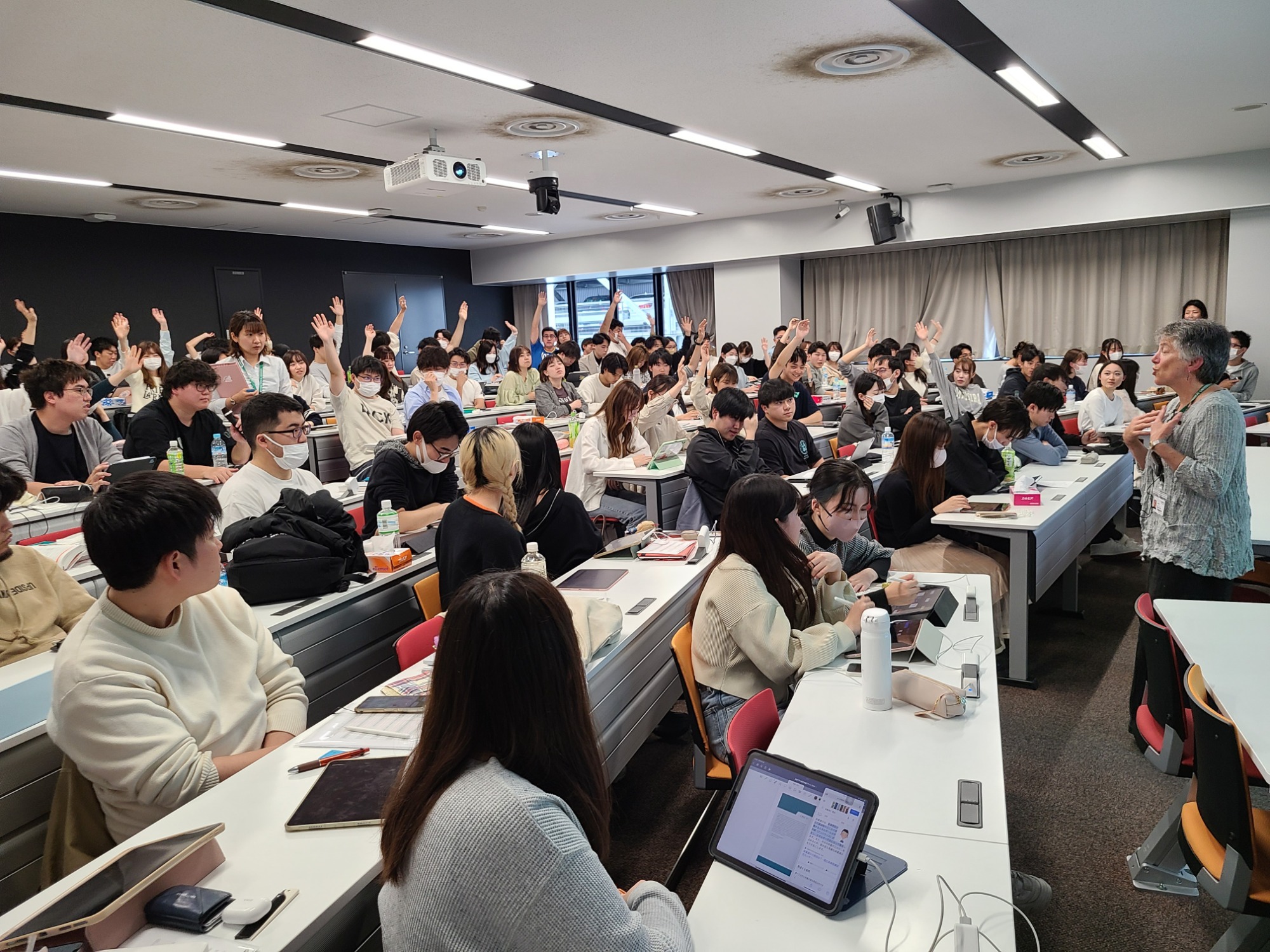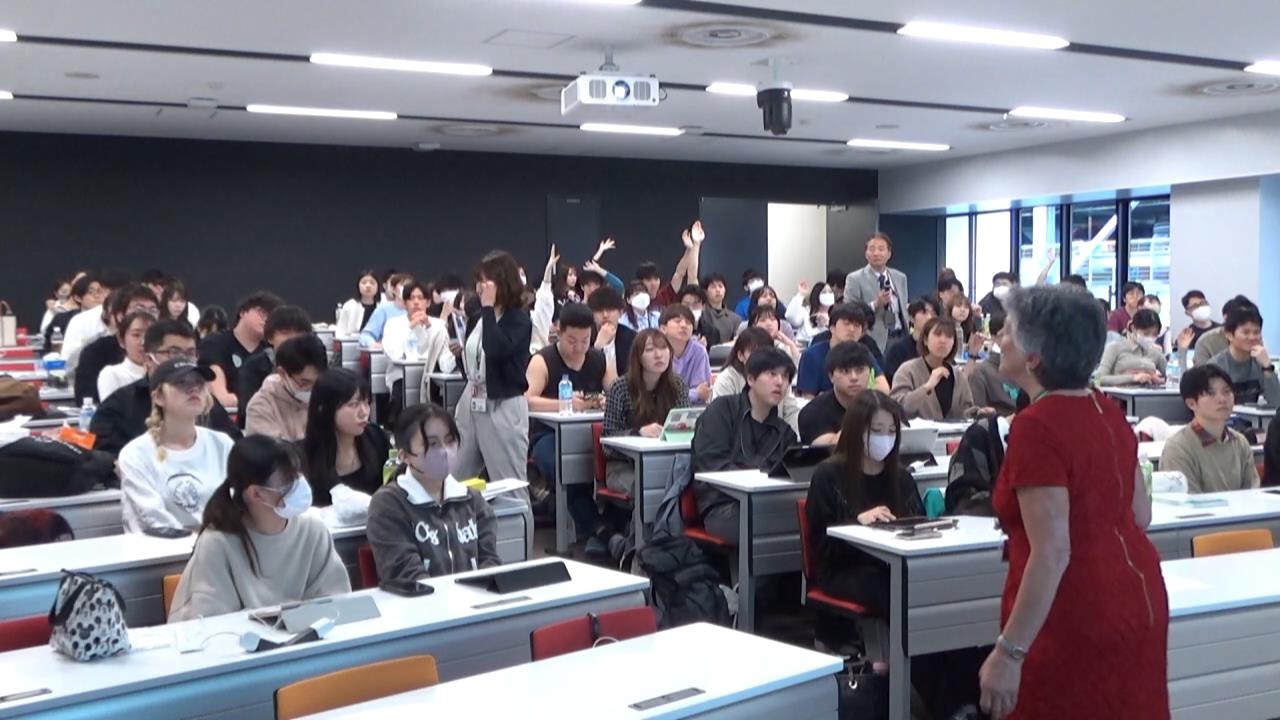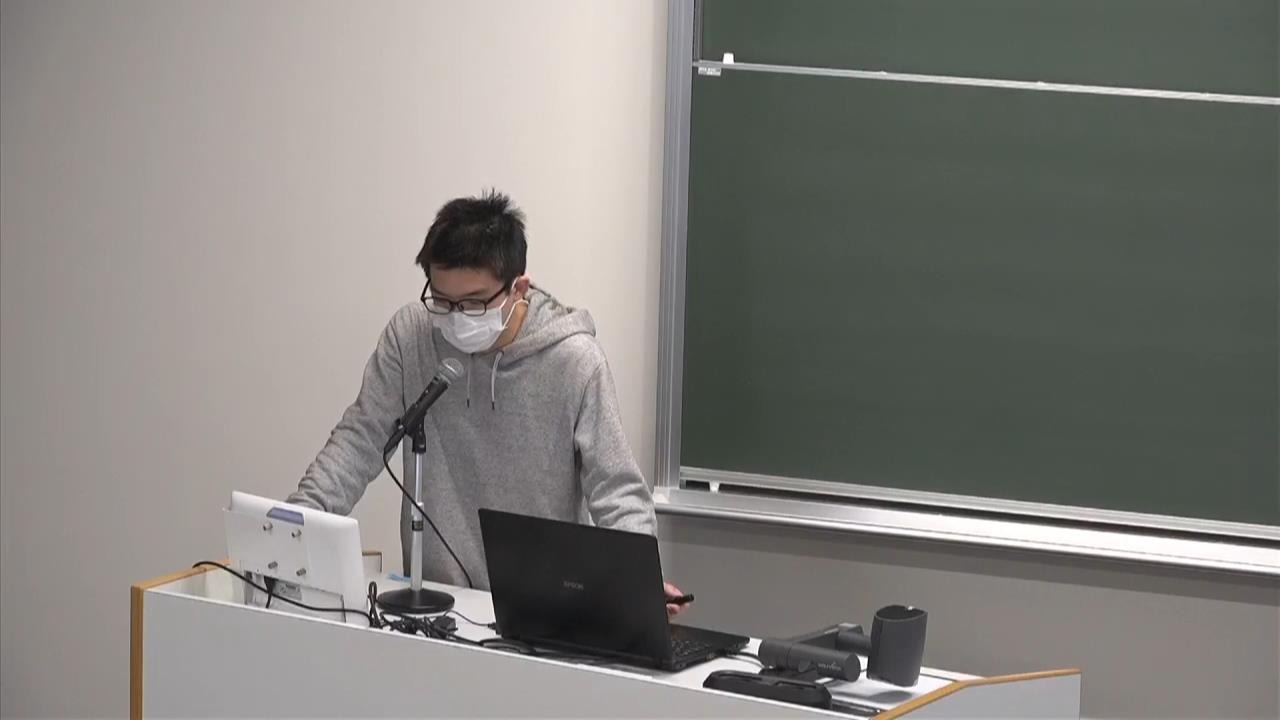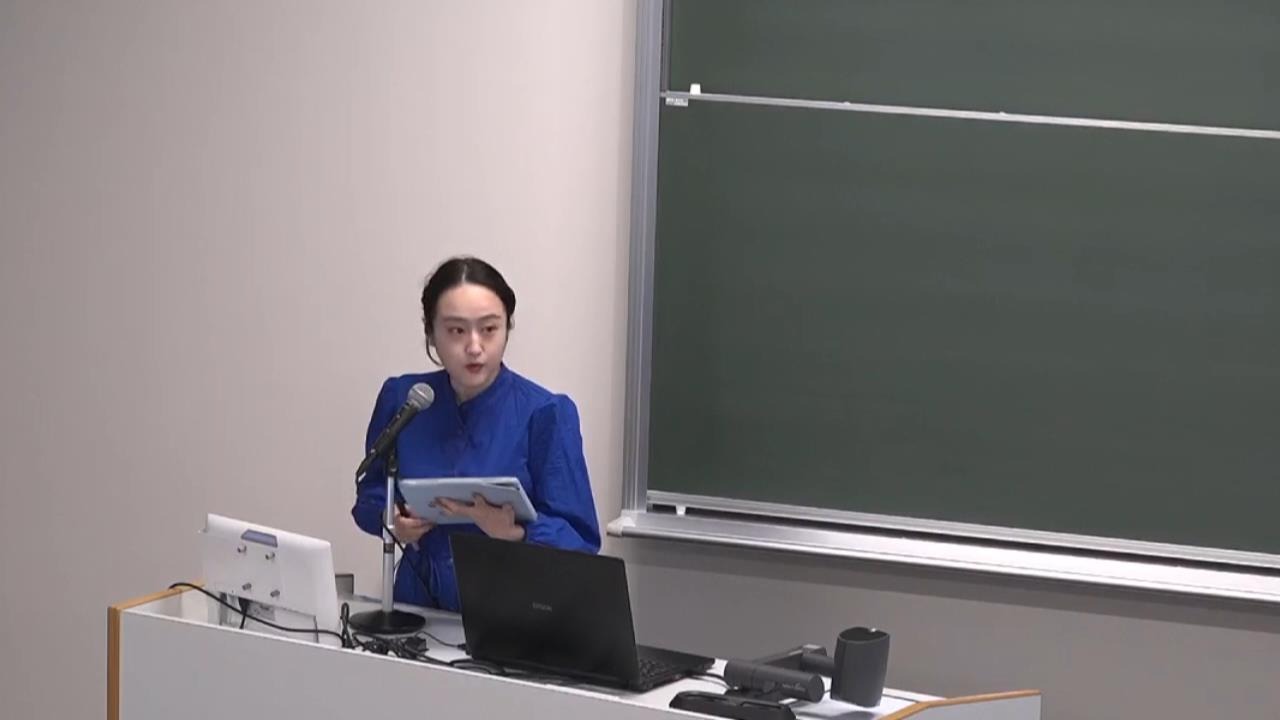Notice
Special lecture by an American physician on "Learning Clinical Reasoning in English" held - All classes in English
Dr. Carol K. Bates, a physician and former associate professor at Harvard School of Medicine School in Boston, USA, served as a special visiting professor at our university for one month in April 2024, teaching a curriculum class called "Learning Clinical Reasoning in English" to fourth-year School of Medicine before they begin their clinical clerkship.
"Learning Clinical Reasoning in English" aims to equip students with the "clinical reasoning skills" required for future careers as physicians, which are the ability to narrow down the disease from the symptoms and signs reported by patients. The course consists of eight classes, and one of its distinctive features is that all classes are conducted in English. By handling clinical cases and conducting all discussions in English, students are able to acquire not only clinical reasoning skills but also the communication skills necessary for treating patients from other countries. This class has been held every year since 2014, with the exception of a suspension due to the COVID-19 pandemic.
Carol K. Bates, MD
Former Associate Professor of Medicine, Harvard Medical School
Former Chair, Group on Women in Medicine and Science, Association of American Medical Colleges
In the "Clinical Reasoning in English" class, students use their acquired knowledge of basic medical science and organ-specific clinical medicine to make differential diagnoses based on the patient's symptoms and signs, and then proceed with clinical diagnosis. Because "Clinical Reasoning in English" is conducted entirely through discussions with Dr. Bates in English, many students were confused in the first class. Each student was responsible for a case related to the symptoms and signs they needed to learn, and gave a case presentation. At the same time, they held a case conference with Dr. Bates and other students, all in English. Over the course of the eight classes, students not only improved their clinical reasoning skills but also became more proactive in speaking up in English conferences. This resulted in improvements not only in students' skills, but also in their attitudes, such as actively participating in class.
Video (class)
Photo Gallery (Classroom Scenes)
Student comments
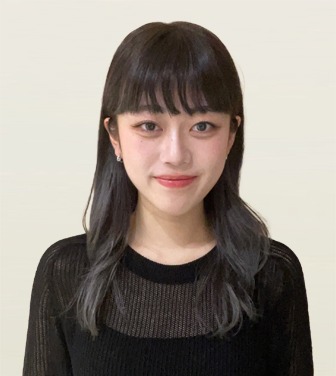
4th year student, Kazuka Nishijima
"Clinical Reasoning in English" was the first class in which we discussed cases that we would normally only discuss in Japanese in English.
In previous English classes, students mainly listened to the teacher talk, but in this class, students had many opportunities to raise their hands and speak, and by actively participating, they were able to deepen their learning.
Although I was unable to understand the clinical cases at first, I gradually became able to hear and understand them as I took each class.
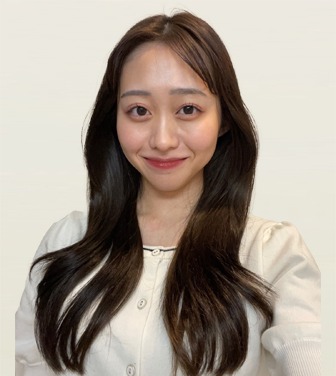
4th grade student Rina Yasuoka
This is a participatory class conducted entirely in English, and students' independence is evaluated. Students can raise their hands to answer the teacher's questions and receive a card, and the number of cards they receive reflects their participation and is reflected in their grades. In addition, the group assignment, in which students were asked to identify the disease from a given clinical case and then compile and present the process on a slide, helped improve their clinical reasoning skills.
